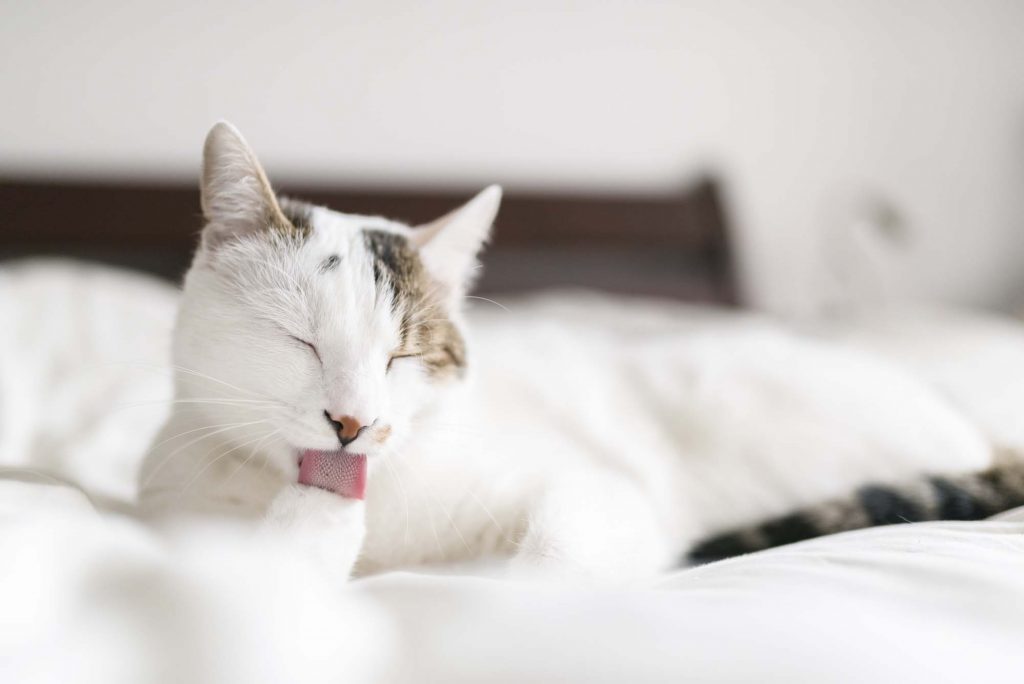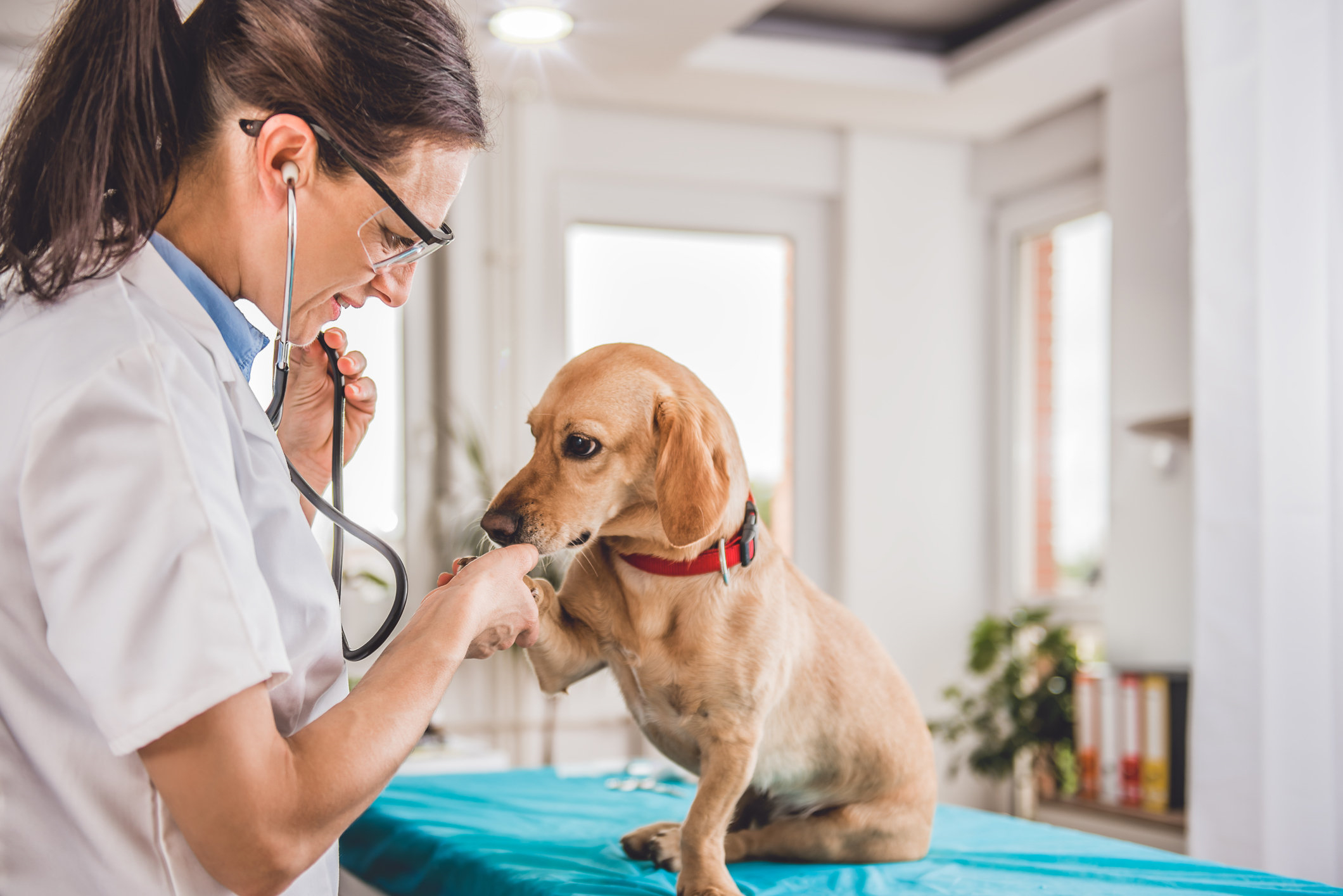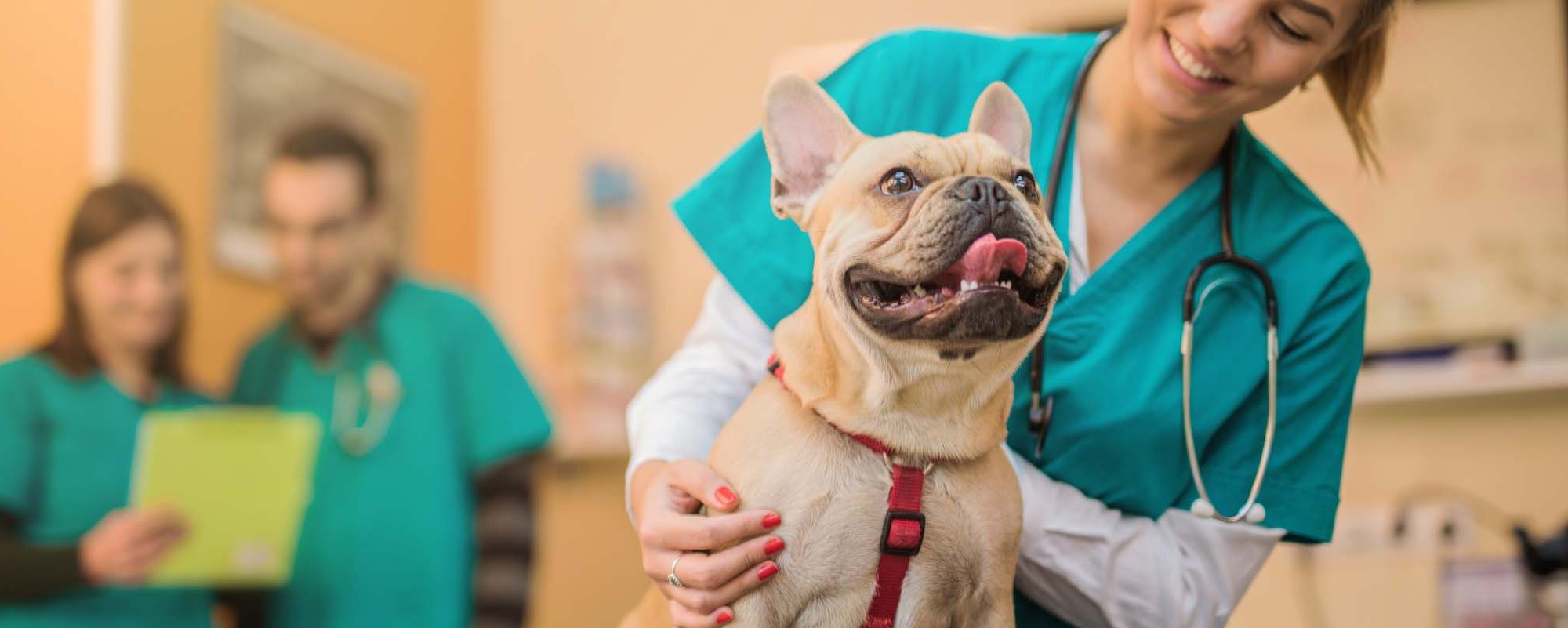Intervertebral disc disease in Dogs (IVDD)
IVDD (Intervertebral Disc Disease) is a condition in dogs where the discs between the vertebrae of the spine become damaged or degenerate. This causes compression or damage to the spinal cord, which in turn affects your pet’s ability to effectively relay messages from the brain. IVDD can cause lameness and even paralysis in your dog or cat.
Diagnosis:
To diagnose IVDD in dogs, a veterinarian may perform a physical examination to check for neurological symptoms such as weakness, pain, or loss of coordination in the limbs. The vet may also recommend diagnostic imaging tests such as X-rays, CT scans, or MRIs to evaluate the spine and look for signs of disc degeneration or herniation.
Treatment:
The treatment for IVDD in dogs may depend on the severity of the condition. Treatment options include:
- Conservative management: For mild cases, the veterinarian may recommend rest, anti-inflammatory medications, and pain management to help alleviate symptoms and give the disc time to heal. Physical therapy or acupuncture may also be recommended.
- Surgery: In more severe cases, surgery may be necessary to remove the damaged disc material and relieve pressure on the spinal cord. Surgery may involve a minimally invasive procedure or a more extensive spinal surgery, depending on the location and severity of the disc herniation.
- Rehabilitation: Following surgery, rehabilitation may be necessary to help your dog recover and regain mobility. This may involve physical therapy, exercise, and other supportive care to help your dog regain strength and function.
- Management: Even with successful treatment, dogs with IVDD may be at risk for future episodes of disc herniation. Your veterinarian may recommend lifestyle changes, such as weight management or activity restrictions, to help prevent future episodes of IVDD.
The treatment approach for IVDD in dogs depends on the severity of the condition and may involve a combination of medical and surgical interventions. Early diagnosis and treatment can help improve the chances of a successful outcome and minimize the risk of long-term complications.
Schedule An Appointment Today






